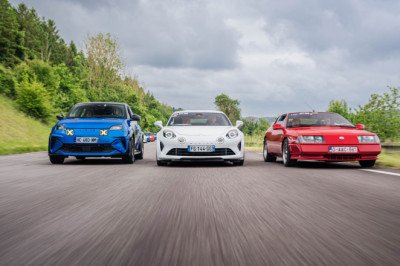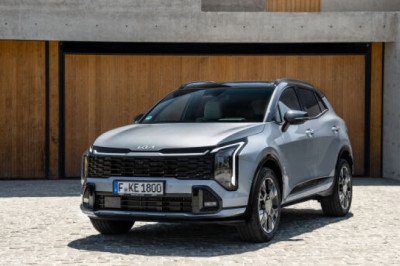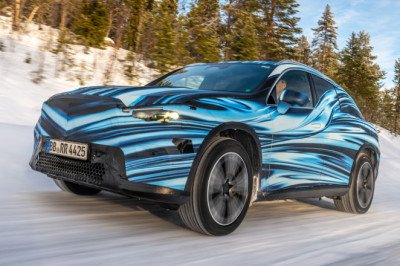
A motoring expert has welcomed a surge in sales of electric cars, but warned that the Government must introduce more incentives to replace the tax exemption.
According to the Society of Motor Manufacturers and Traders (SMMT), 63,313 fully-electric cars were sold in the UK during March 2025 - a 43.2 percent increase compared to 12 months prior.
While the figure shows a growing demand for EVs, making the UK the strongest market for the models in Europe, John Cassidy, managing director of sales at Close Brothers Motor Finance, suggested that sales are still significantly below the Government's current targets.
He explained: "A combination of new registration plates, discounting activity and buyers rushing to beat the vehicle excise duty (VED) changes ahead of April contributed to a spike in new registrations. However, the numbers still fall short of the zero-emission vehicle (ZEV) mandate targets.
"This will spark further concerns over widespread electric vehicle (EV) adoption, as data still remains heavily skewed by fleet sales. The Government’s decision to apply VED to EVs only adds to cost concerns which are piling up for motorists, and adds further doubt over the proposed 2030 ban on new petrol and diesel vehicles - with 78 percent of motor dealers already lacking confidence that this will go ahead."

Currently, the Government's ZEV Mandate features a quota of electric models that car brands must sell in order to avoid hefty fines, with the figure increasing each year until a complete ban on new petrol and diesel cars in 2030.
During 2025, 28 percent of all new car sales in the UK must be fully-electric - an increase of six percent compared to the target in 2024, which saw a significant number of manufacturers forced to substantially discount models to generate interest.
Many have concerns that similar measures may need to be taken this year, with only 19.4 percent of new car sales taking place during March 2025 being EVs.

Mike Hawes, Chief Executive of the SMMT, called on the Government to add more incentives to relieve some of the strain from the manufacturers while increasing sales.
He added: "Without substantive Government support for consumers, the current regulatory regime is undeliverable. A rapid response to the Government consultation is therefore needed – one that adds flexibilities that reflect the natural level of demand and supports the industry to deliver growth in the face of a tough set of global challenges.
"In this regard, last week’s Spring Statement was a missed opportunity to intervene, as Government incentives can change consumer behaviour. An SMMT survey in February 2025 found that fewer than one in four new car buyers intend to buy an electric car by 2028 but two in five electric sceptics could be convinced to switch if Government incentives were available, as is the case in most other European markets."
While many have welcomed the number of EV sales during March 2025, some motoring experts have warned that demand for electric models could quickly fall.
This is largely due to the end of tax exemption for electric cars, which came into effect on April 1 2025, meaning that most drivers will need to pay the same rate of £195 as petrol and diesel drivers.
However, with the tax doubling on a wide range of new petrol and diesel models, car buyers may be more conscious about the type of vehicle they buy.















Facebook Conversations